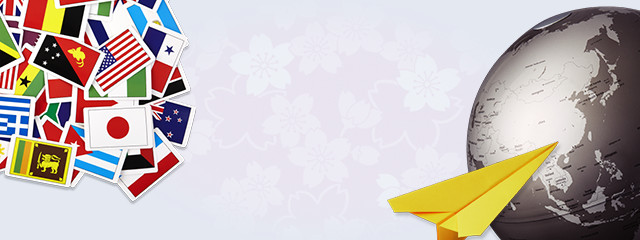国際学部Introduction to the Faculty of International Studies
The Faculty of International Studies (FIS/Kokusai Gakubu/国際学部) at Kyoritsu Women’s University specializes in international studies, through which students learn about cultures and societies in this rapidly changing and increasingly globalized world and acquire the skills to survive the challenges of globalization, with particular emphasis on foreign language communication skills.
The FIS introduced a new curriculum in April 2018. In order to better understand the multiple dimensions of globalization, we provide three ‘Courses’, Area Studies Course, Communication Studies Course, and Global Studies Course, which guide students to find and learn different approaches to the structure and phenomena of this increasingly complex world. Within these three Courses, there are eight ‘majors’ as subfields that encourage students to structure their studies according to specific guidelines. Students choose one course based on their interests when advancing to their second year and one major when advancing to their third year, allowing them to deepen their studies accordingly.
Three Courses and Eight Majors
§ Area Studies Course
Focuses on geography, history, society, thought and religion in Asia, Europe, and the Americas, with particular interest in migration and community as global issues ‘at home.’
- Asian Studies
- American Studies
- European Studies
§ Communication Studies Course
Explores the characteristics and challenges of languages as tools of communication, with particular focus on cross-cultural communication and linguistic and visual cultures from a comparative perspective.
- International Communication
- Contemporary Culture
§ Globalization Studies Course
Studies international relations and international economics, as well as international cooperation and public policy of governments, international organizations, and NGOs.
- International Relations
- International Economics
- International Cooperation and International Public Policy







